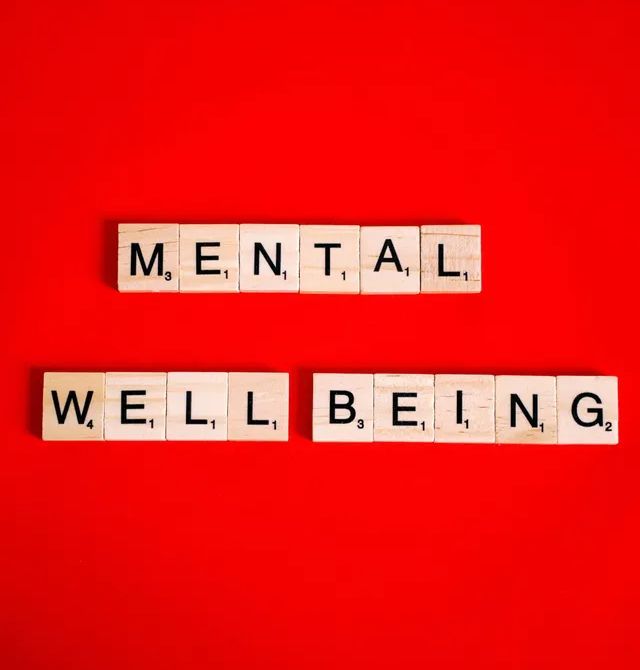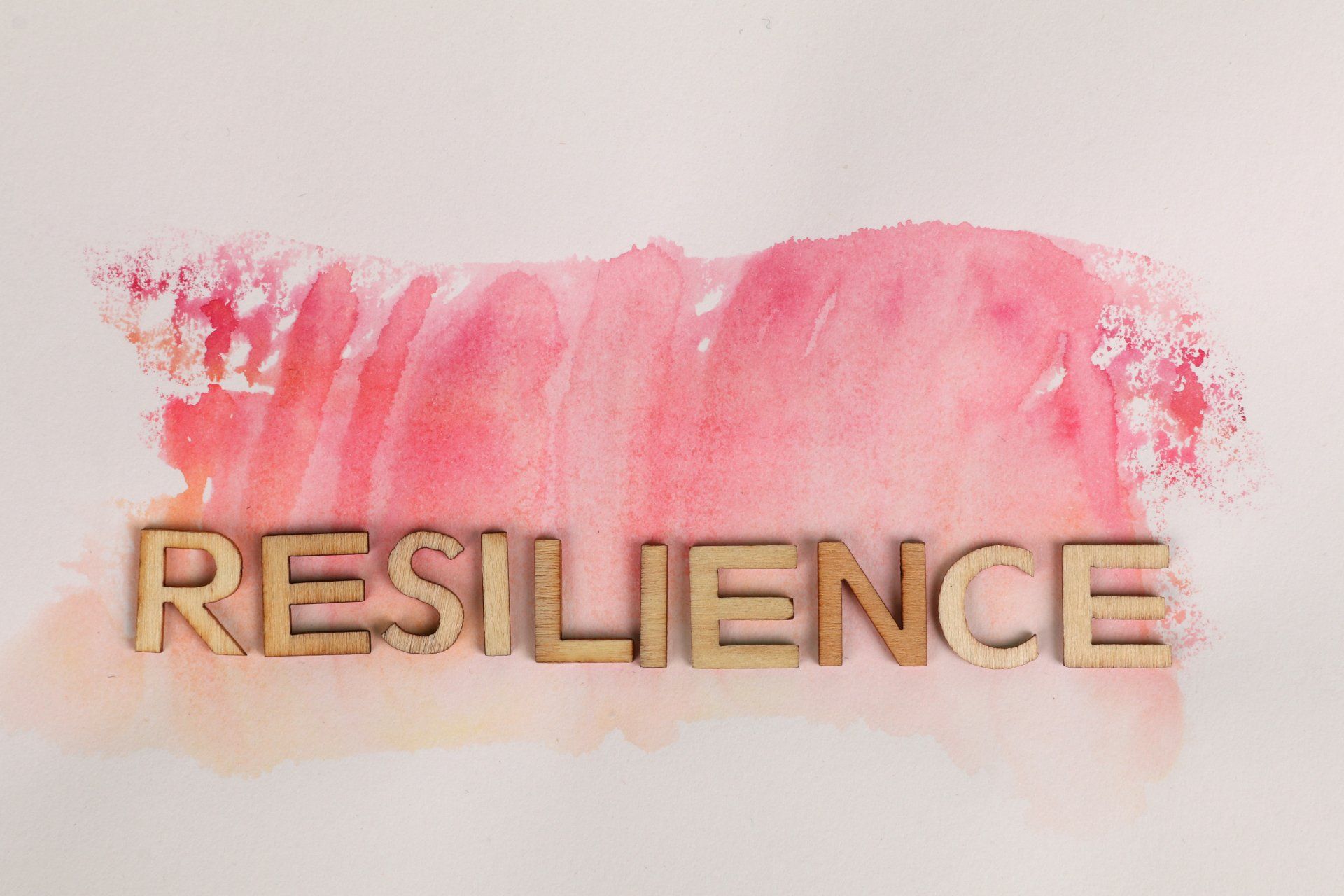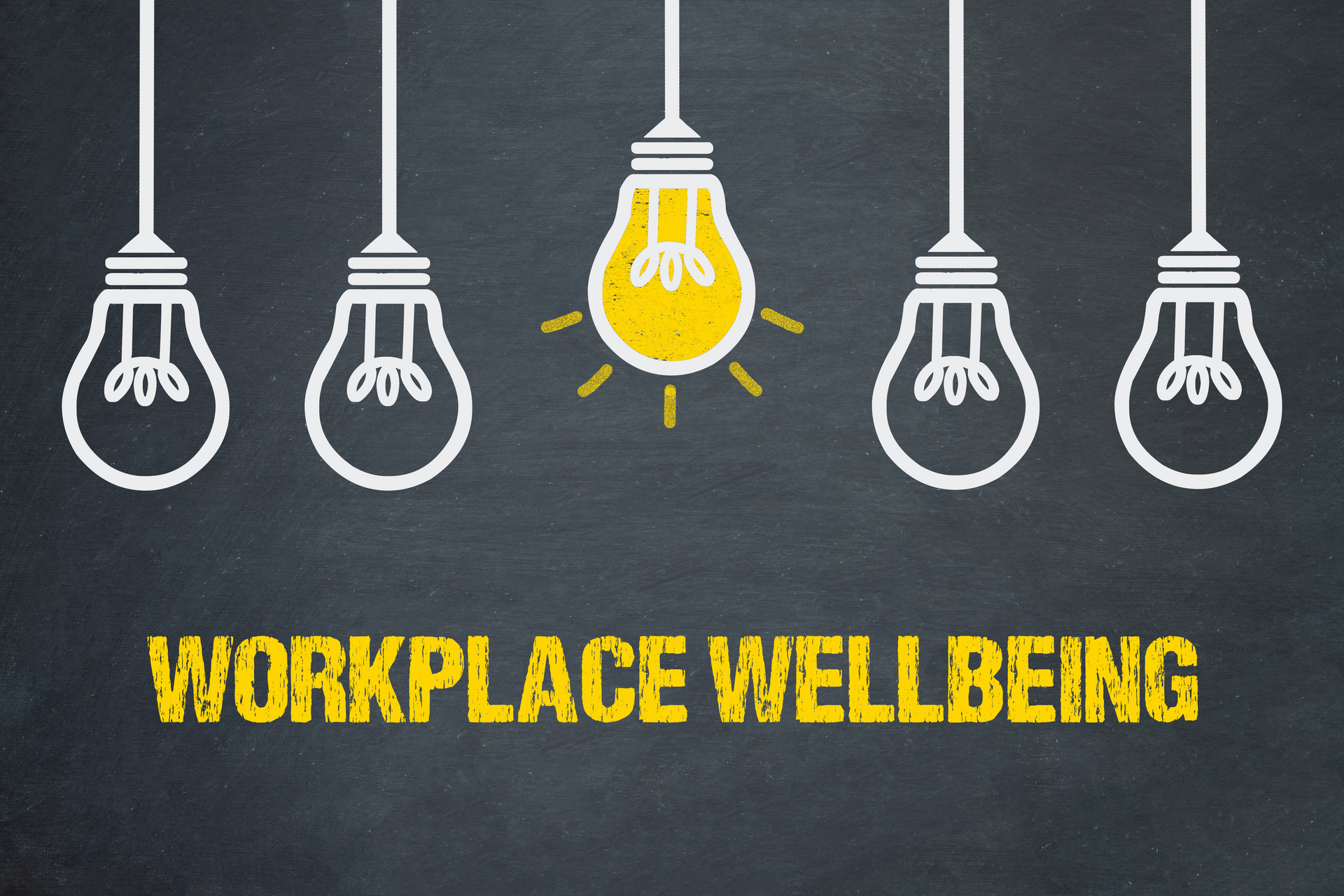Health and Wellbeing Workshops
Thrive Wellbeing Services offer custom built workshops, tools and resources tailored to suit your organisational goals.
Health and Wellbeing Workshops
Thrive Wellbeing Services offer custom built workshops, tools and resources tailored to suit your organisational goals.
Health and Wellbeing Workshops
Thrive Wellbeing Services offer custom built workshops, tools and resources tailored to suit your organisational goals.
Psychological Safety Workshops
Managing Personal Change Workshops
Managing Psychosocial Hazards in the Workplace
Psychological Safety Workshops
In short, psychological safety is the feeling and belief that you can share your thoughts, opinions, and ideas freely without fear of being degraded or shamed. To support high-performing teams, creating psychologically safe work environments is critical and a climate of psychological safety allows space for people to speak up and share their ideas.
An effective team values psychological safety as much as they do physical safety and performance standards. Developing a psychologically safe work culture has many benefits, including: enhanced employee engagement, fosters an inclusive workplace culture, encourgaes creativity and new ideas, improves and cares for employees wellbeing, reduces employee turnover and boost team performance.
In this workshop you will learn:
- the benefits of building psychological safety within teams through evidence based research
- the 4 stages of psychological safety
- tools to improve psychological safety in your teams
- team activities that you can deploy to improve psychological safety within your teams
- psychological safety action plan for success
Managing Personal Change Workshops
We are consistently faced with disruptive and exponential change. The ability to embrace this change with agility and speed is the key to our personal success. The role of communication and consultation through the Change Cycle and setting the context of change is an important factor in change transformation.
In this workshop you will learn:
- The Change Cycle and How to Manage Each Stage
- Theories of Organisational Change
- The Emotional Wave of Change and People’s Reaction to Change ‘early adaptors through to resistors’
- Learn How to Manage Stress Effectively through Times of Change
- Develop Strategies for Dealing with Change and The Pyramid Response to Change
- How to Build Change Resilience and Integrate This into Work & Personal Life
- Develop a Growth Mindset to Overcome Negativity of Change
- Dealing with Change Through A Learning Loop Lens
- The Role of Communication, Consultation and Enabling Action Through Change
Managing Psychosocial Hazards in the Workplace
Under WHS laws, a person conducting a business or undertaking (PCBU) must manage the risk of psychosocial hazards in the workplace. A psychosocial hazard is anything that could cause psychological harm (e.g. harm someone’s mental health).
Common psychosocial hazards at work include: job demands, low job control, lack of role clarity, poor organisational change management, organisational injustice, inadequate reward and recognition, traumatic events, remote or isolated workers, poor physical environment, violence and aggression, bullying , harassment including sexual harassment and workplace conflict.
In this workshop you will learn:
- PCBU obligations in meeting the legislative requirements
- Effective risk management processes - how to identify psychosocial hazards, how to assess the risk of harm of these hazards, implementation of controls and consultation & effective review of controls
- Documenting outcomes and recording processes
- Tools to manage compliance effectively
PERMAH Wellbeing Workshops
Wondering how you can improve your wellbeing? In its simplest form, wellbeing is your ability to feel good and function effectively – physically, mentally, emotionally and socially – so that you can achieve the things that matter most to you.
As Dr Martin Seligman, father of positive psychology, if you ‘can’t measure it, you can’t manage it’ and this is true for mental health and wellbeing. Thrive Wellbeing Services can offer organisations evidence-based mental health and wellbeing measurements tools to enable organisations to understand where they are currently are and areas that may need attention and individualised interventions.
Thrive Wellbeing Services has accredited PERMAH Organisational De-Brief personnel that can facilitate PERMAH workshops within your organisation and provide Executive and Individual de-brief sessions.
In this workshop you will learn:
- What does PERMAH stand for?
- How you can use PERMAH to measure wellbeing at the individual, team and organisational level
- Evidence based interventions to improve wellbeing within organisations
- The importance of individual wellbeing plans and organisational wellbeing strategies
Mental Health and Wellbeing Literacy Programs
Thrive Wellbeing services can design and custom make evidence based workshops, from 1 hour workshops to full day workshops.
Examples of Literacy workshops include:
- Mental Health Awareness
- Mental Health for Leaders
- Managing Fatigue
- Building individual wellbeing capability
- Driving a CARE culture
- Financial Wellbeing
- Managing Wellbeing at the ME, WE & US Level
- Measuring and Managing Wellbeing from a Positive Psychology Lens
Embrace Struggle, Manage Stress and Build Resilience
How you think about stress & daily struggles impacts everything from your wellbeing to the outcomes you are able to achieve when work gets challenging. Which beliefs serve you best when it comes to caring for your wellbeing, firing up your resilience, and discovering what you are truly capable of achieving. This workshop provides an overview of the role of stress, its impact on health, wellbeing and performance. We explore a range of practical ideas and strategies to help you manage stress with resilience—from controlling the controllable to completing the stress cycle.
In this workshop you will:
- Learn the signs of struggle and stress
- Discover how your belief about stress & struggle shape your body’s responses and signs to look out for.
- Appreciate the relationships between stress, wellbeing and performance
- Apply practical evidence-based strategies to enhance resilience and manage stress well
- Explore why a growth mindset can help you to harness stress & struggles in ways that are good for you and others.
- Learn the three simple stress questions that can make it easier for you to step into constructive positive actions.
The Power of Rest and Recovery
Your brain and body work best when they oscillate from effort to rest and back again. But besides sleep, what are the most effective ways to get enough rest?
The power of rest is underestimated by many people and through this workshop we will discover the benefits of passive and active rest on our wellbeing. Rest can reduce stress and anxiety, improve mood, decrease blood pressure and strengthen cardiovascular system and improve our immune health.
In this workshop you will:
- Understand the 7 types of rest and complete a review of where you may have rest deficiencies and discover the tiny evidence-based nudges you can use to create more moments of rest and recovery in your day.
- Review the Recovery & Rest Wheel and undertake an activity on your rest & recovery strategies.
- Create a simple prompt to reset your stress response so your body feels safe to rest.
- Uncover the beliefs that lead to passion fatigue so you can switch off at the end of the day and make space for recovery.
- Learn how you can improve and prioritise your rest and recovery.
Managing Burnout in the Workplace
This workshop explores burnout from a personal and organisational perspective. Burnout is a state of physical and emotional exhaustion. In 2019, burnout was recognised by the World Health Organisation (WHO) as an ‘occupational phenomenon’. Hear the latest psychological insights and strategies to define, prevent and manage burnout. Reflect on your own personal and/or organisational role and identify where you can influence change to prevent burnout and promote a healthy workplace and work life where you can ‘Be You, Live Well and Thrive’. This workshop is suitable for organisations seeking to prevent or manage burnout and promote thriving at work.
In this workshop you will learn:
- What is burnout and feeling of burnout?
- Some of the hidden warning signs that we may be experiencing burnout
- Discover the the Stress Curve and where you are currently?
- How we can use the Five Foundations of Wellness to combat chronic stress
- Actionable tips to help beat burnout before it takes over
- What tiny wellbeing nudges can we use every day to reduce the likelihood of burnout
- Understand how to best use your time at work in allocating tasks that serve your energy levels and make you the most productive
- Uncover the 80/20 rule to improve self-care and compassion and assist us to come from a position of curiosity not judgement
Embrace Your Strengths to Thrive
Research studies have found that people who regularly use their strengths experience more confidence and less stress, enjoy more energy and are happier, and are more creative, engaged and satisfied at work. Not only is developing your strengths good for your wellbeing and performance, but studies suggest that teams where most people have a chance to do what they do best each day are more productive, and have happier customers and lower turnover (McQuaid & Lawn, 2014).
In most workplaces researchers estimate we spend about 80% of our time focused on fixing weaknesses, and only 20% on building on strengths. This is because our brains are wired with a negativity bias that trains us to spot what’s going wrong and feel an evolutionary pull to fix it. To capitalize on how your brain is wired to perform at its best, however, the researchers recommend that you try to flip this equation and spend at least 80% of your time building on your strengths (Cooperrider & Goodwin, 2011).
In this workshop you will learn:
- The importance of investing in our strengths
- Discovering your VIA strengths
- Taking advantages of your strengths
- How to Strengthen your strength muscle
- Mapping Team Strengths
- Strengths Collisions
- Spotting Strengths
Psychological Safety Workshops
In short, psychological safety is the feeling and belief that you can share your thoughts, opinions, and ideas freely without fear of being degraded or shamed. To support high-performing teams, creating psychologically safe work environments is critical and a climate of psychological safety allows space for people to speak up and share their ideas.
An effective team values psychological safety as much as they do physical safety and performance standards. Developing a psychologically safe work culture has many benefits, including: enhanced employee engagement, fosters an inclusive workplace culture, encourgaes creativity and new ideas, improves and cares for employees wellbeing, reduces employee turnover and boost team performance.
In this workshop you will learn:
- the benefits of building psychological safety within teams through evidence based research
- the 4 stages of psychological safety
- tools to improve psychological safety in your teams
- team activities that you can deploy to improve psychological safety within your teams
- psychological safety action plan for success
Managing Personal Change Workshops
We are consistently faced with disruptive and exponential change. The ability to embrace this change with agility and speed is the key to our personal success. The role of communication and consultation through the Change Cycle and setting the context of change is an important factor in change transformation.
In this workshop you will learn:
- The Change Cycle and How to Manage Each Stage
- Theories of Organisational Change
- The Emotional Wave of Change and People’s Reaction to Change ‘early adaptors through to resistors’
- Learn How to Manage Stress Effectively through Times of Change
- Develop Strategies for Dealing with Change and The Pyramid Response to Change
- How to Build Change Resilience and Integrate This into Work & Personal Life
- Develop a Growth Mindset to Overcome Negativity of Change
- Dealing with Change Through A Learning Loop Lens
- The Role of Communication, Consultation and Enabling Action Through Change
Managing Psychosocial Hazards in the Workplace
Under WHS laws, a person conducting a business or undertaking (PCBU) must manage the risk of psychosocial hazards in the workplace. A psychosocial hazard is anything that could cause psychological harm (e.g. harm someone’s mental health).
Common psychosocial hazards at work include: job demands, low job control, lack of role clarity, poor organisational change management, organisational injustice, inadequate reward and recognition, traumatic events, remote or isolated workers, poor physical environment, violence and aggression, bullying , harassment including sexual harassment and workplace conflict.
In this workshop you will learn:
- PCBU obligations in meeting the legislative requirements
- Effective risk management processes - how to identify psychosocial hazards, how to assess the risk of harm of these hazards, implementation of controls and consultation & effective review of controls
- Documenting outcomes and recording processes
- Tools to manage compliance effectively
PERMAH Wellbeing Workshops
Wondering how you can improve your wellbeing? In its simplest form, wellbeing is your ability to feel good and function effectively – physically, mentally, emotionally and socially – so that you can achieve the things that matter most to you.
As Dr Martin Seligman, father of positive psychology, if you ‘can’t measure it, you can’t manage it’ and this is true for mental health and wellbeing. Thrive Wellbeing Services can offer organisations evidence-based mental health and wellbeing measurements tools to enable organisations to understand where they are currently are and areas that may need attention and individualised interventions.
Thrive Wellbeing Services has accredited PERMAH Organisational De-Brief personnel that can facilitate PERMAH workshops within your organisation and provide Executive and Individual de-brief sessions.
In this workshop you will learn:
- What does PERMAH stand for?
- How you can use PERMAH to measure wellbeing at the individual, team and organisational level
- Evidence based interventions to improve wellbeing within organisations
- The importance of individual wellbeing plans and organisational wellbeing strategies
Mental Health and Wellbeing Literacy Programs
Thrive Wellbeing services can design and custom make evidence based workshops, from 1 hour workshops to full day workshops.
Examples of Literacy workshops include:
- Mental Health Awareness
- Mental Health for Leaders
- Managing Fatigue
- Building individual wellbeing capability
- Driving a CARE culture
- Financial Wellbeing
- Managing Wellbeing at the ME, WE & US Level
- Measuring and Managing Wellbeing from a Positive Psychology Lens
Embrace Struggle, Manage Stress and Build Resilience
How you think about stress & daily struggles impacts everything from your wellbeing to the outcomes you are able to achieve when work gets challenging. Which beliefs serve you best when it comes to caring for your wellbeing, firing up your resilience, and discovering what you are truly capable of achieving. This workshop provides an overview of the role of stress, its impact on health, wellbeing and performance. We explore a range of practical ideas and strategies to help you manage stress with resilience—from controlling the controllable to completing the stress cycle.
In this workshop you will:
- Learn the signs of struggle and stress
- Discover how your belief about stress & struggle shape your body’s responses and signs to look out for.
- Appreciate the relationships between stress, wellbeing and performance
- Apply practical evidence-based strategies to enhance resilience and manage stress well
- Explore why a growth mindset can help you to harness stress & struggles in ways that are good for you and others.
- Learn the three simple stress questions that can make it easier for you to step into constructive positive actions.
The Power of Rest and Recovery
Your brain and body work best when they oscillate from effort to rest and back again. But besides sleep, what are the most effective ways to get enough rest?
The power of rest is underestimated by many people and through this workshop we will discover the benefits of passive and active rest on our wellbeing. Rest can reduce stress and anxiety, improve mood, decrease blood pressure and strengthen cardiovascular system and improve our immune health.
In this workshop you will:
- Understand the 7 types of rest and complete a review of where you may have rest deficiencies and discover the tiny evidence-based nudges you can use to create more moments of rest and recovery in your day.
- Review the Recovery & Rest Wheel and undertake an activity on your rest & recovery strategies.
- Create a simple prompt to reset your stress response so your body feels safe to rest.
- Uncover the beliefs that lead to passion fatigue so you can switch off at the end of the day and make space for recovery.
- Learn how you can improve and prioritise your rest and recovery.
Managing Burnout in the Workplace
This workshop explores burnout from a personal and organisational perspective. Burnout is a state of physical and emotional exhaustion. In 2019, burnout was recognised by the World Health Organisation (WHO) as an ‘occupational phenomenon’. Hear the latest psychological insights and strategies to define, prevent and manage burnout. Reflect on your own personal and/or organisational role and identify where you can influence change to prevent burnout and promote a healthy workplace and work life where you can ‘Be You, Live Well and Thrive’. This workshop is suitable for organisations seeking to prevent or manage burnout and promote thriving at work.
In this workshop you will learn:
- What is burnout and feeling of burnout?
- Some of the hidden warning signs that we may be experiencing burnout
- Discover the the Stress Curve and where you are currently?
- How we can use the Five Foundations of Wellness to combat chronic stress
- Actionable tips to help beat burnout before it takes over
- What tiny wellbeing nudges can we use every day to reduce the likelihood of burnout
- Understand how to best use your time at work in allocating tasks that serve your energy levels and make you the most productive
- Uncover the 80/20 rule to improve self-care and compassion and assist us to come from a position of curiosity not judgement
Embrace Your Strengths to Thrive
Research studies have found that people who regularly use their strengths experience more confidence and less stress, enjoy more energy and are happier, and are more creative, engaged and satisfied at work. Not only is developing your strengths good for your wellbeing and performance, but studies suggest that teams where most people have a chance to do what they do best each day are more productive, and have happier customers and lower turnover (McQuaid & Lawn, 2014).
In most workplaces researchers estimate we spend about 80% of our time focused on fixing weaknesses, and only 20% on building on strengths. This is because our brains are wired with a negativity bias that trains us to spot what’s going wrong and feel an evolutionary pull to fix it. To capitalize on how your brain is wired to perform at its best, however, the researchers recommend that you try to flip this equation and spend at least 80% of your time building on your strengths (Cooperrider & Goodwin, 2011).
In this workshop you will learn:
- The importance of investing in our strengths
- Discovering your VIA strengths
- Taking advantages of your strengths
- How to Strengthen your strength muscle
- Mapping Team Strengths
- Strengths Collisions
- Spotting Strengths










